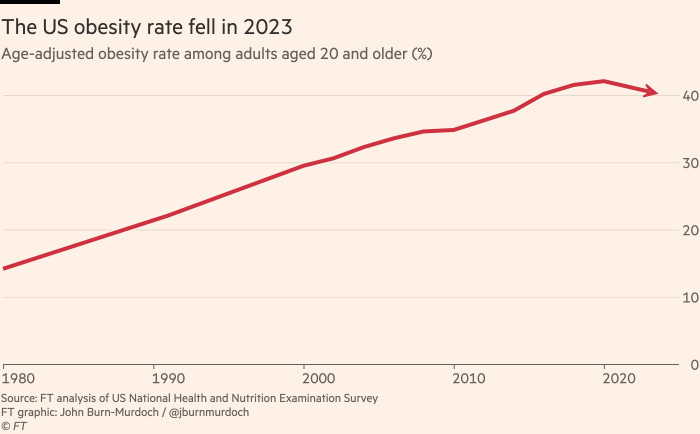Drinking alcohol reduces the body's natural GLP-1 activity
We are hiring! Plus: better bupe adherence via telehealth, tirzepatide acces battles.
Preface: CASPR is Hiring!
We are hiring for a full-time position, a Strategic Associate, doing research, grant writing, support, and various projects. This could be a very exciting job for some interested in and ambitious about public health impact. Job description is here. Please pass it along to anyone you think is great!
🍺 Alcohol Reduces GLP-1 Activity, Potentially Increasing Hunger and Craving
A new study in Addiction Biology shows that alcohol reduces natural GLP-1 activity in the body. Acute alcohol consumption decreased GLP-1 levels by 34%. "These findings provide compelling evidence that acute alcohol consumption decreases GLP-1, a satiation signal, elucidating alcohol's 'apéritif' effect." A reduction in GLP-1 likely increases hunger and cravings (including for more alcohol).
Related, here’s a great interview with Lorenzo Leggio, who is studying GLP-1RAs for alcohol use disorder.
“We have data from animal models, including the different species, ranging from rodents to nonhuman primates. We have anecdotal evidence and machine-learning approaches using, for example, big data and social media data. Now we have pharmacoepidemiology data and some small, initial, but still good randomized clinical trials.”
📱 New Study Shows Lower Buprenorphine Discontinuation for Telehealth Patients
New study in journal of Substance Use and Addiction Treatment: “A telehealth-only platform reduced the risk of buprenorphine discontinuation compared to office-based TAU.” Makes intuitive sense, though there could be some participant self-selection bias in this particular study.
⚔️ Tirzepatide Compounding Battles
Tirzepatide was removed from the FDA shortage list last week and Eli Lilly is signaling that they will crack down on compounders. Patients are extremely worried.
As for other conditions, the crackdown will cut off access for a lot of substance use disorder patients who are using compounders to get tirzepatide affordably, since payers do not provide coverage for SUDs. The long-term solution, of course, is to get FDA approval and coverage— we’re working on it.
Meanwhile, compounders are fighting back with a lawsuit against the FDA. From Reuters:
In a lawsuit in Fort Worth, Texas federal court, the Outsourcing Facilities Association claims the FDA removed Lilly's tirzepatide from the list even though it remains in short supply. Lilly sells the drug under the brand names Zepbound for weight loss and Mounjaro for diabetes.
The FDA did not give the public a chance to weigh in on its decision and trusted assurances from Lilly, "the company that is self-interested in monopolizing the market," that it could meet projected demand, the lawsuit said.
GLP-1s Reaching Scale for Obesity Treatment
Financial Times: We may have passed peak obesity.
At least 7% of American adults are currently taking a GLP-1, and it’s growing fast. If GLP-1s can work for reducing obesity at a population scale, just imagine what is possible for alcohol use disorder, opioid use disorder, smoking, and stimulants. Alcohol consumption will be the metric to watch in future years, as the data is generally very steady and reliable (unlike numbers for illicit drug use).
More articles you may have missed:
GLP-1 for Addiction: the Medical Evidence for Opioid, Nicotine, and Alcohol Use Disorder - Recently updated with newly released studies and upcoming trials.
Announcing a coalition for large scale clinical trials of GLP-1RAs for addiction




